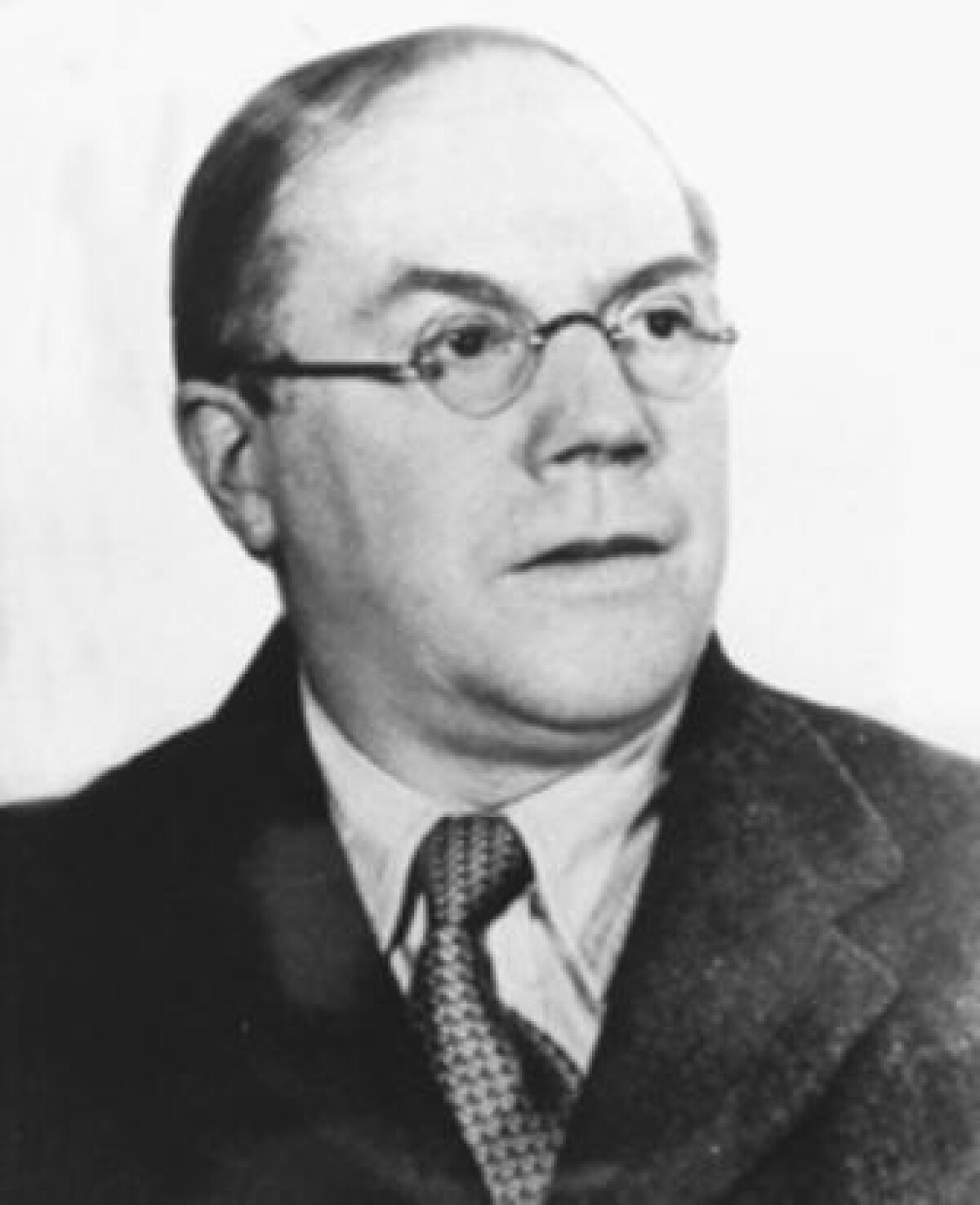Aiken Conrad
Conrad Potter Aiken (August 5, 1889 – August 17, 1973) was a Pulitzer Prize-winning American author, born in Savannah, Georgia, whose work includes poetry, short stories and novels.
When he was 11, his physician father killed his mother, then himself because of family financial problems. According to some accounts, Aiken witnessed the killings; other sources say he found the bodies. He was raised by his great-great-aunt in Massachusetts. Aiken was educated at private schools and at Middlesex School in Concord, Massachusetts, then at Harvard University where he edited the Advocate with T.S. Eliot. Aiken graduated in 1912.
He was deeply influenced by symbolism, especially in his earlier works. In 1930 he received the Pulitzer Prize for Poetry for his Selected Poems. Many of his writings had psychological themes.
He wrote the widely anthologised short story Silent Snow, Secret Snow (1934); his collections of verse include Earth Triumphant (1914), The Charnel Rose (1918), and And In the Hanging Gardens (1933). His poem Music I Heard has been set to music by a number of composers, including Leonard Bernstein and Henry Cowell.
Aiken returned to Savannah for the last 11 years of his life. Aiken's tomb, located in Bonaventure Cemetery on the banks of the Savannah River, was made famous by its mention in Midnight in the Garden of Good and Evil, the bestselling book by John Berendt. According to local legend, Aiken wished to have his tombstone fashioned in the shape of a bench as an invitation to visitors to stop and enjoy a martini at his grave. Its inscriptions read Give my love to the world, and Cosmos Mariner—Destination Unknown.
He is the father of English writer Joan Aiken.
Share:









